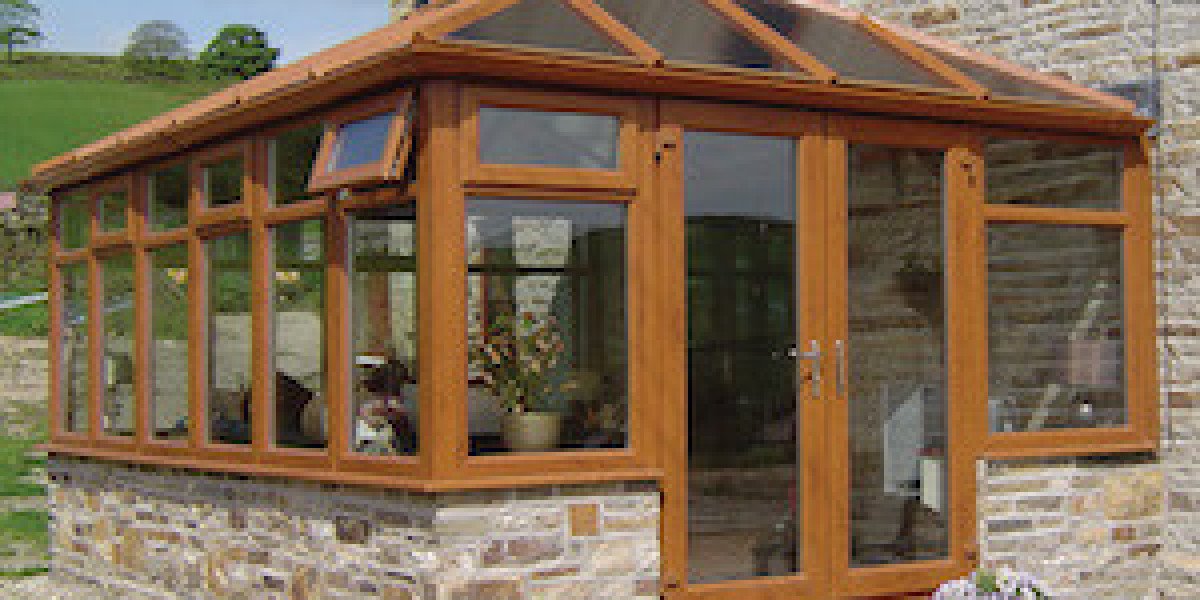Understanding French Door Windows: Elegance Meets Functionality
French door windows have actually become associated with classic sophistication and practical style in contemporary architecture and home renovations. These elegant structures offer not only aesthetic appeal however likewise functionality by permitting adequate light and fluidity in between areas. This post explores the various elements of French door windows, including their types, benefits, installation factors to consider, upkeep, and regularly asked questions.
What are French Door Windows?
French door windows are generally defined by their dual-door style, featuring a series of glass panes that use an unobstructed view and simple access to outdoor areas. While conventional French doors are hinged, contemporary versions frequently can be found in sliding or bi-fold setups. These doors can be made use of in numerous settings, consisting of patios, gardens, and even inside to separate different living locations.
Table 1: Comparison of French Door Styles
| Design | Description | Pros | Cons |
|---|---|---|---|
| Hinged French Doors | Doors that open outward or inward when unlatched. | Classy look; traditional design. | Needs clearance space for opening. |
| Sliding French Doors | Doors slide along a track instead of opening outwards. | Space-saving; easier for high traffic. | Might have a lower aesthetic appeal. |
| Bi-fold French Doors | Several panels that fold and stack to one side. | Maximizes opening, great for gain access to. | Can be more costly; needs more area. |
Benefits of French Door Windows
French door windows include a wide range of advantages that make them an attractive choice for house owners:
- Natural Light: The substantial glass style invites natural light into the home, lightening up spaces and lowering the requirement for synthetic lighting.
- Visual Appeal: Their classic style enhances the aesthetic of a home, adding elegance and elegance. They can become a focal point in foyers, dining spaces, or living areas.
- Increased Ventilation: French doors can be opened completely to provide excellent cross-ventilation, reducing indoor humidity and improving air quality.
- Flexibility: They can be utilized in a variety of places, such as patio areas, verandas, gardens, or as interior dividers.
- Increased Property Value: The addition of French door windows can increase the attraction of a property, making it more appealing to potential purchasers.
Popular French Door Window Materials
French doors can be made from a range of products, each of which has its own special functions:
- Wood: Traditional option understood for its beauty and insulation properties. However, wood needs regular maintenance.
- Vinyl: Low upkeep with exceptional energy effectiveness. Offered in My area various colors and designs however typically less conventional in appearance.
- Aluminum: Durable and resistant to weather, enabling large panes of glass. However, they perform heat, so they may not be as energy-efficient.
- Fiberglass: Offers the appearance of wood however with low maintenance. It's energy-efficient and resistant to warping.
Installation Considerations
When preparing to install French door windows, numerous factors need to be considered:
- Space: Ensure that there is appropriate space for the style chosen, especially for hinged or bi-fold doors that need clearance for opening.
- Design and style: Consider the architectural design of the home and pick a design that complements it.
- Energy Efficiency: Look for doors with double glazing and top quality seals to decrease energy loss.
- Local Climate: Some door products carry out better in particular climates. For example, wood might swell in damp conditions, while aluminum is more fit for seaside locations.
- Expert Help: Installation may require expert knowledge, specifically if structural modifications are needed.
Upkeep of French Door Windows
Preserving French door windows is necessary to guarantee their durability and optimum efficiency. Here are some upkeep suggestions:
- Regular Cleaning: Clean the glass and frames routinely utilizing mild soap and water to remove dirt, gunk, and fingerprints.
- Check Seals: Inspect seals and weather-stripping periodically to avoid leaks and drafts.
- Paint or Stain: If made of wood, regularly repaint or stain the surfaces to safeguard against weathering.
- Hardware Inspection: Ensure hinges, manages, and locking mechanisms remain in excellent working condition and oil them when necessary.
Frequently Asked Questions (FAQs)
1. Are French doors energy efficient?
Yes, many contemporary French doors featured energy-efficient functions like double or triple glazing, which assists to decrease heat loss and UV exposure.
2. How much do French door windows cost?
The expense can differ commonly depending upon style, material, and setup complexities. Standard models may start around ₤ 500 per door, while custom-built or high-end alternatives can go beyond ₤ 2,000.
3. Can French doors be installed in existing walls?
Yes, French doors can be installed in existing walls, however it typically requires structural modifications. Working with an expert specialist is suggested for such tasks.
4. Are French doors protect?
While some people may presume French doors are less safe and secure, producers provide enhanced glass and lock systems that can boost security.
5. Can French doors be used inside?
Absolutely! French doors can operate as classy room dividers, including character and offering sight lines in between spaces while keeping a boundary.
French door windows offer an excellent combination of beauty and useful functionality, making them a favored option for property owners aiming to boost their living spaces. They supply a special opportunity to frame the outdoors, optimize natural light, and improve indoor air flow, all while serving as a trendy architectural function. By considering the numerous choices readily available and their maintenance needs, property owners can take pleasure in the advantages of French door windows for many years to come.









